What makes specialty tea and coffee truly special? If you’ve ever sipped on a perfectly brewed cup of coffee or enjoyed a delicate cup of tea, you might have wondered what sets these beverages apart from the rest. Specialty drinks are more than just a caffeine fix; they represent a rich tapestry of flavors, aromas, and cultures that can elevate your daily routine into a sensorial experience.
In this article, we’ll take a closer look at specialty tea and coffee, exploring what defines them and how to appreciate their unique qualities. Whether you’re a seasoned enthusiast or just starting your journey, understanding the nuances of these beverages will help you make informed choices that suit your taste.
We’ll dive into the differences between specialty tea and coffee, highlighting their distinct taste profiles and aromas. By understanding these differences, you can find the perfect drink to match your mood or occasion. Plus, we’ll share tips on how to select the right beverage for you, so you can confidently navigate the world of specialty drinks.
Lastly, we’ll provide insights on the best brewing methods and storage techniques to ensure your favorite tea and coffee remain fresh and flavorful. Get ready to embark on a delightful journey into the world of specialty tea and coffee!
- Discover the defining characteristics of specialty tea and coffee.
- Learn how to choose the perfect beverage for your taste.
- Explore brewing techniques and storage tips for optimal enjoyment.
Basics of Specialty Tea and Coffee
What is Specialty Tea?
When we talk about specialty tea, we’re diving into a world that goes beyond your typical tea bag. Specialty tea is defined by its high quality, unique flavor profiles, and careful production methods. It often comes from specific regions known for their tea cultivation, where the climate, soil, and altitude contribute to the distinct characteristics of the leaves.
What makes specialty tea stand out is its commitment to excellence. Each step, from the cultivation to the brewing, emphasizes quality over quantity. This means that the tea leaves are handpicked and often processed with great care to preserve their natural flavors. As a result, when you brew a cup of specialty tea, you’re experiencing a complex blend of aromas and tastes that tell a story of its origin.
Brewing specialty tea can be a delightful ritual in itself. The water temperature, steeping time, and even the type of vessel used can greatly influence the final cup. For those who are new to specialty tea, experimenting with these variables can be an exciting part of the journey.
- Specialty tea is defined by high quality and unique flavors.
- It often comes from specific regions known for tea cultivation.
- Quality over quantity is emphasized throughout the production process.
Definition of Specialty Coffee
Now, let’s shift our focus to specialty coffee, which similarly emphasizes quality and unique flavor profiles. Specialty coffee is made from the highest grade coffee beans, often referred to as “specialty grade.” These beans are meticulously sourced from specific regions and often undergo rigorous grading processes to ensure they meet strict quality standards.
The flavor of specialty coffee can vary greatly depending on factors such as the variety of the coffee plant, the altitude at which it’s grown, and the processing methods used. Just like with specialty tea, the story behind each cup of coffee is intricate, making every sip a unique experience.
For those exploring specialty coffee, understanding the roasting process can be incredibly rewarding. The roast level can highlight different flavor notes, from fruity and floral to rich and chocolatey. This adds another layer to your coffee experience, allowing you to appreciate the nuances that come from different roasting techniques.
- Specialty coffee is made from the highest grade coffee beans.
- The flavor can vary based on several factors, including growing conditions.
- Understanding the roasting process enhances the appreciation of specialty coffee.
Differences Between Specialty Tea and Coffee
Taste Differences
When it comes to the taste of specialty tea and coffee, each offers a unique experience that can delight your palate in different ways. Specialty tea tends to highlight subtle notes that can range from sweet and floral to earthy and robust. The variety of leaves and their processing methods play a crucial role in shaping these flavors. For instance, a high-quality green tea might have a refreshing grassy taste, while a well-crafted black tea can surprise you with its rich and malty undertones.
On the other hand, specialty coffee often delivers a bolder flavor profile that can include hints of chocolate, fruit, or even nuts, depending on the specific bean and roasting technique. The complexity of flavors in coffee can be quite captivating, as the roasting process can enhance or mute certain notes, allowing for a delightful exploration with each cup.
As you experiment with both beverages, you might find that your preferences shift depending on the time of day or your mood. For a relaxing afternoon, a soothing cup of specialty tea might be just what you need, while a robust cup of specialty coffee could provide the perfect pick-me-up in the morning.
- Specialty tea offers subtle and diverse flavor notes.
- Specialty coffee delivers bold and complex profiles.
- Your preferences may change based on the time of day or occasion.
Comparison of Aroma and Flavor
The aroma of specialty tea and coffee further enhances the overall experience. Specialty tea often exudes delicate scents that can transport you to the lush tea gardens where the leaves are grown. For instance, a jasmine tea might envelop you in a floral bouquet, while an oolong tea can offer a warm, nutty aroma that invites you to take a sip. The aromatic qualities of tea are closely tied to its origins and processing, making each cup a sensory journey.
Conversely, specialty coffee’s aroma can be bold and enticing, often filling the room with a rich, inviting scent that makes it hard to resist. The fragrance of freshly ground coffee beans can vary widely, from fruity and bright to deep and chocolatey, depending on the bean’s origin and roast level. This aromatic experience can be just as important as the taste itself, as it sets the stage for the flavors you’re about to enjoy.
When considering which beverage to choose, pay attention to both the aroma and flavor. They work hand in hand to create a complete sensory experience. You might find that some days call for the gentle notes of a specialty tea, while other days demand the invigorating aroma of specialty coffee.
- Specialty tea offers delicate and transportive aromas.
- Specialty coffee’s aroma is often bold and inviting.
- Aroma enhances the overall drinking experience.
- Pay attention to both aroma and flavor when choosing your beverage.
Choosing the Right One
Beginner’s Guide to Selection
As you dive deeper into the world of specialty tea and coffee, choosing the right one can feel a bit overwhelming at first. With so many options available, it helps to have a basic understanding of what to look for. Start by considering your personal preferences: Are you in the mood for something light and floral, or perhaps something bold and rich?
Exploring different varieties can be an adventure in itself. For specialty tea, think about the types you’ve enjoyed in the past. If you love herbal teas, you might appreciate a delicate chamomile or a robust rooibos. On the coffee side, if you lean towards fruity flavors, look for beans from regions like Ethiopia that often have those bright notes.
Once you have an idea of your preferences, pay attention to the quality indicators. For tea, look for loose leaves rather than tea bags, as this usually signifies higher quality. In coffee, check for the “specialty” label, which means it has met strict grading standards and is likely to provide a unique flavor experience.
Lastly, don’t hesitate to experiment! Sampling different teas and coffees can be a fun way to discover what truly resonates with you. Explore local shops, attend tastings, or even join online communities to share experiences and recommendations.
- Consider your personal taste preferences when selecting.
- Look for quality indicators like loose tea leaves and specialty labels in coffee.
- Experiment with different varieties to find your favorites.
Expert Tips for Choosing
For those who are ready to take their selection skills to the next level, there are some expert tips that can enhance your experience. First, consider the brewing method you’ll be using, as it can greatly influence the final cup. Specialty tea often benefits from specific temperatures and steeping times, while specialty coffee can be enhanced with different brewing devices like pour-over or espresso machines.
Another key aspect is to pay attention to the origin of the tea or coffee. Each region has its own unique characteristics that contribute to flavor profiles. For example, a Darjeeling tea from India is known for its muscatel notes, while a Colombian coffee might surprise you with its smooth, balanced flavor. Understanding these origins can help you make more informed choices and discover new favorites.
Lastly, don’t forget to trust your instincts. If a particular tea or coffee resonates with you, go for it! The journey of exploring specialty beverages is all about enjoyment and discovery, so embrace the process and savor each sip.

If you’re eager to expand your knowledge about specialty coffee, you might find it interesting to explore the article titled Discovering the Allure of the World’s Most Expensive Coffee: A Deep Dive into Its Origins and Flavor!. This piece delves into the unique characteristics and flavors of the most luxurious coffee options available, providing insights that can enhance your selection skills.
- Consider how different brewing methods affect flavor.
- Explore the origins of tea and coffee for unique taste experiences.
- Trust your instincts and enjoy the journey of discovery.
Tips for Enjoyment
Correct Brewing Methods
Now that you’ve discovered the differences between specialty tea and coffee, let’s talk about how to enjoy them at their best. The brewing method is crucial to unlocking the full potential of your chosen beverage. For specialty tea, pay attention to the temperature of the water and the steeping time. Different types of tea require specific conditions to bring out their unique flavors. For instance, green tea typically benefits from cooler water, while black tea can handle hotter temperatures.
On the coffee side, the brewing technique can dramatically affect the final taste. Methods like pour-over, French press, or espresso each highlight different aspects of the coffee’s flavor profile. Experimenting with these methods can be an exciting way to find your favorite brewing style. Remember, the goal is to create a cup that resonates with your taste buds, so don’t hesitate to try different approaches until you find what works for you.
Lastly, don’t overlook the importance of using fresh ingredients. Freshly ground coffee or freshly brewed tea can make a world of difference in flavor. Make it a habit to check the freshness of your tea leaves and coffee beans to ensure you’re getting the best experience possible.
- Use the right water temperature for each type of tea.
- Experiment with different brewing methods for coffee.
- Always opt for fresh tea leaves and coffee beans.
Storage and Aftercare
After enjoying your specialty tea or coffee, proper storage is essential to maintaining their quality. For specialty tea, keep your leaves in an airtight container, away from light and moisture. This helps preserve their delicate flavors and aromas. Avoid storing tea in the fridge, as the humidity can negatively impact the leaves.
Coffee, on the other hand, should also be stored in an airtight container, but it’s best to keep it in a cool, dark place. Exposure to air, light, and heat can lead to stale flavors, so a pantry or cupboard is often the ideal spot. If you buy coffee in bulk, consider freezing it in small portions to maintain freshness, but be mindful to let it reach room temperature before brewing.
Cleaning your brewing equipment regularly is another key step in maintaining the quality of your beverages. Residue from previous brews can affect the taste of your next cup, so make it a habit to rinse and clean your teapots, coffee makers, and grinders. Keeping everything clean ensures that your next brewing experience is as delightful as possible.
Lastly, consider the aftercare of your used tea leaves and coffee grounds. Instead of tossing them away, think about creative uses. Used tea leaves can be great for composting or even as a natural deodorizer, while coffee grounds can serve as an excellent fertilizer or even a gentle exfoliant for your skin.
- Store specialty tea in airtight containers away from moisture.
- Keep coffee in a cool, dark place to preserve freshness.
- Regularly clean your brewing equipment for optimal flavor.
- Find creative uses for used tea leaves and coffee grounds.
Summary
In conclusion, the world of specialty tea and coffee is vast and rich, offering enthusiasts a unique opportunity to explore diverse flavors and aromas that can enhance their daily experiences. Specialty tea is characterized by its high quality and delicate flavors, while specialty coffee showcases bold and complex profiles. Understanding these differences is key to selecting the right beverage that matches your mood and preferences.
Both specialty tea and coffee require attention to detail in their brewing methods and storage practices. Proper techniques can significantly impact the final taste, allowing you to fully appreciate the unique qualities of each drink. As you embark on your journey through the fascinating realms of specialty beverages, don’t hesitate to experiment and discover what resonates with you.
Ultimately, whether you lean towards the soothing notes of specialty tea or the invigorating flavors of specialty coffee, embracing this exploration will surely enrich your appreciation for these delightful drinks.
- Specialty tea is known for its high quality and unique flavors.
- Specialty coffee features bold and complex profiles that vary by origin and roast.
- Quality brewing and storage practices are essential for enjoying both beverages at their best.
We would love to hear your thoughts! What are your favorite specialty tea or coffee experiences? Feel free to share in the comments below!


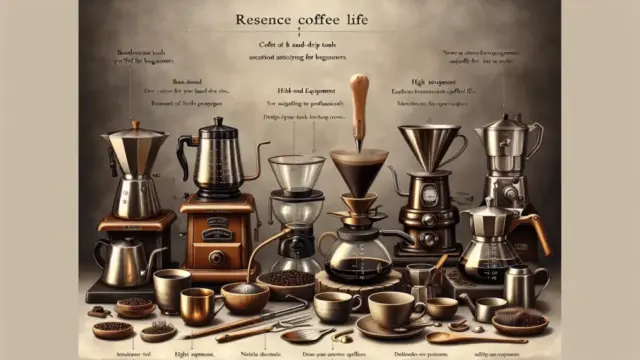
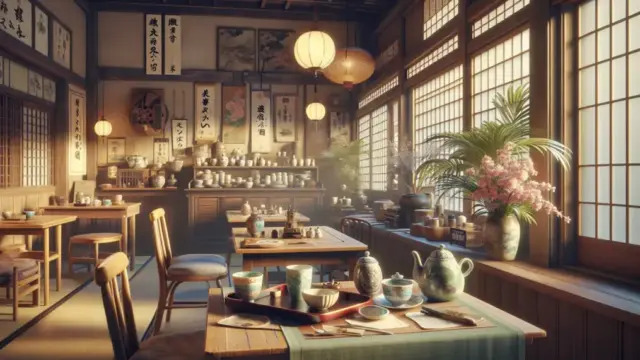
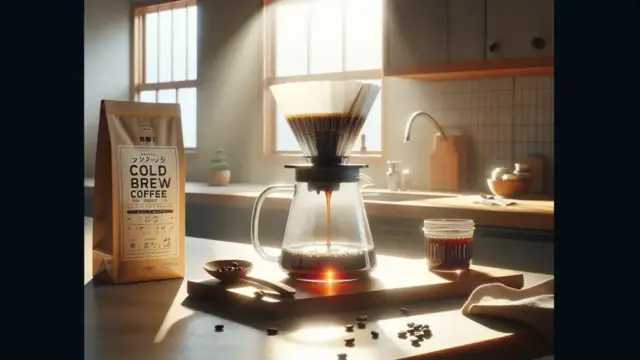
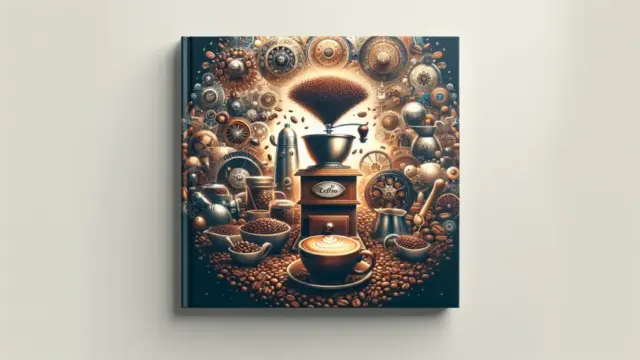
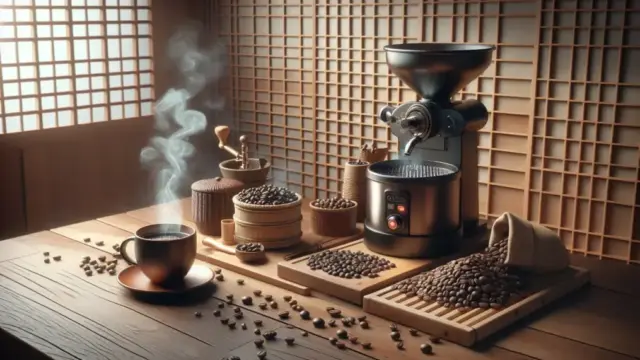
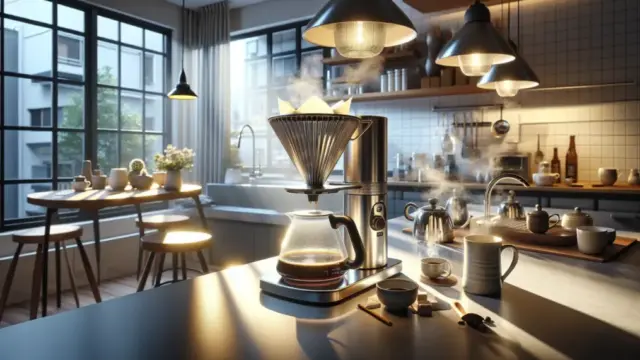

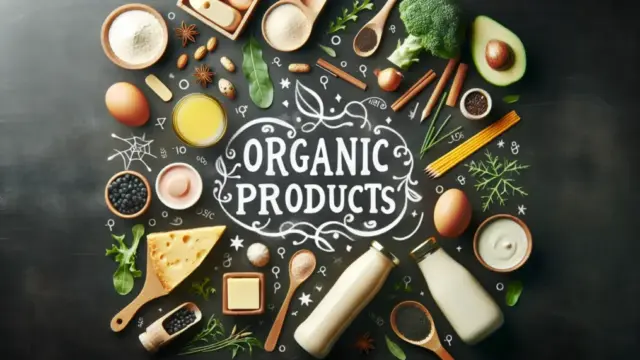
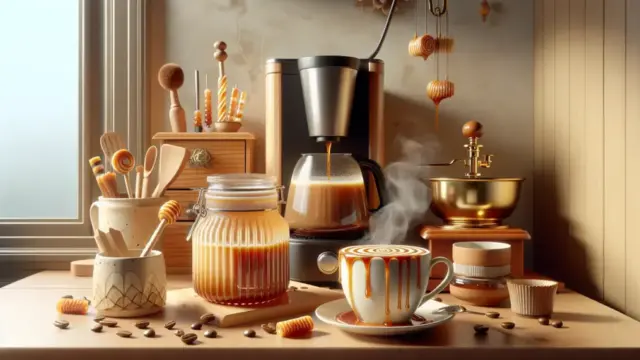

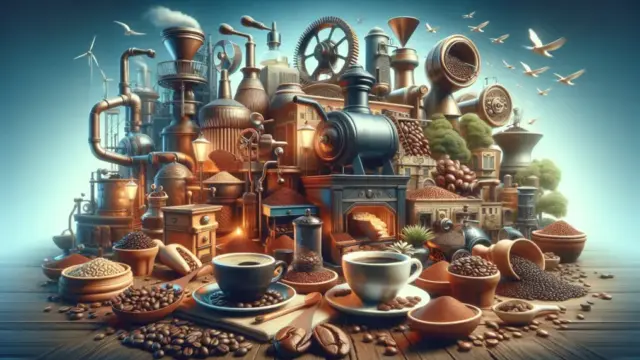
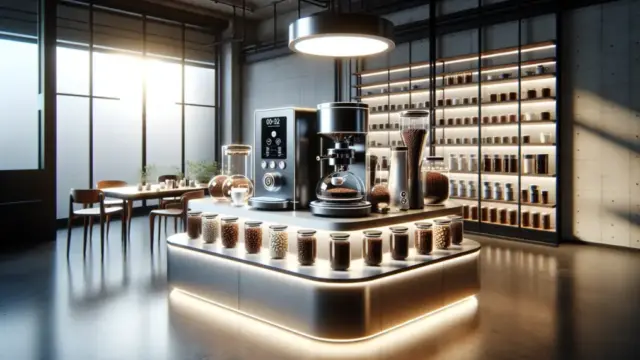







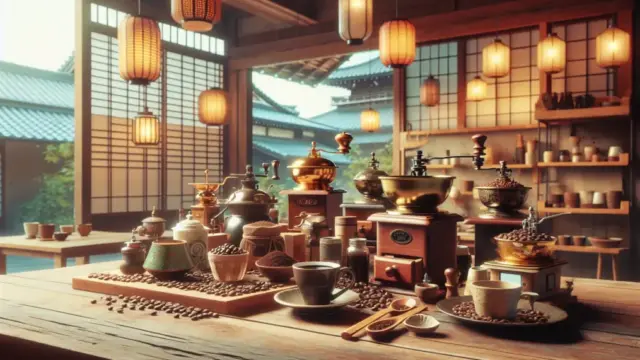

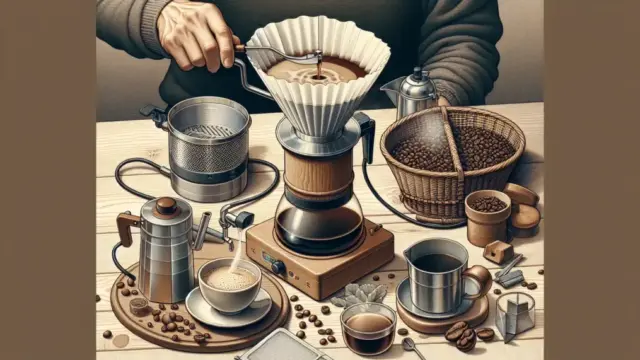
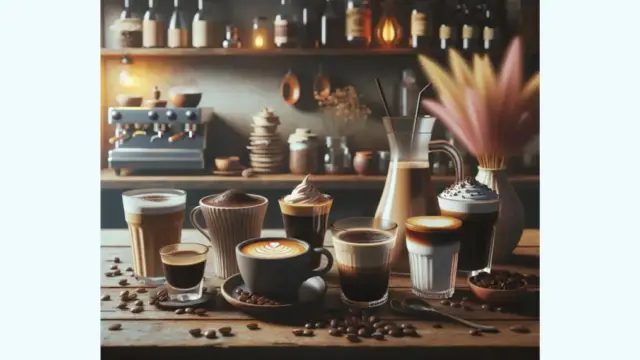
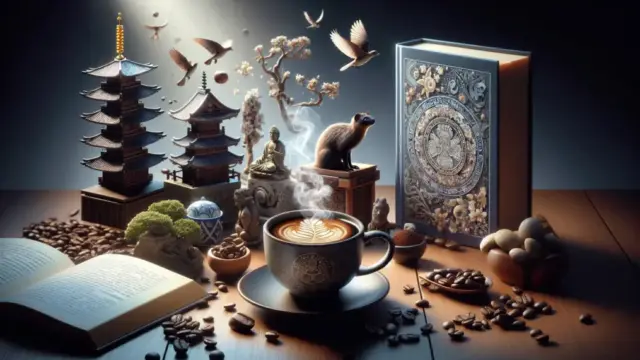
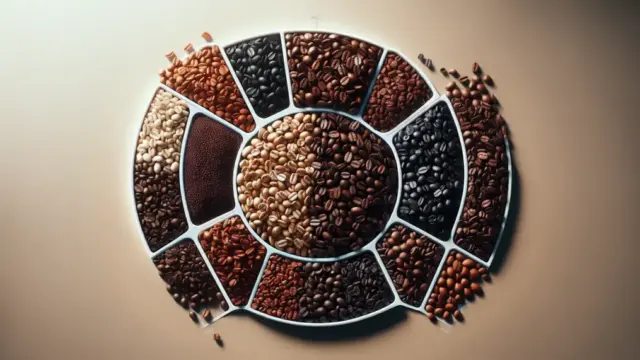
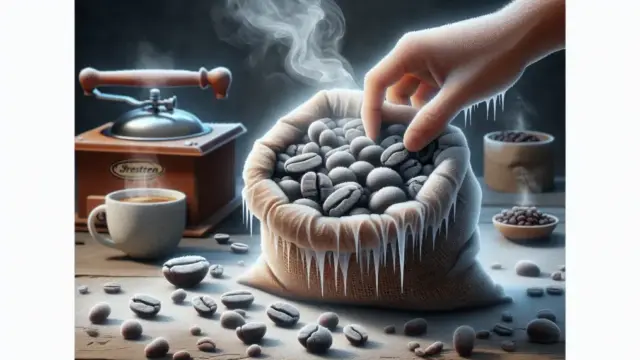


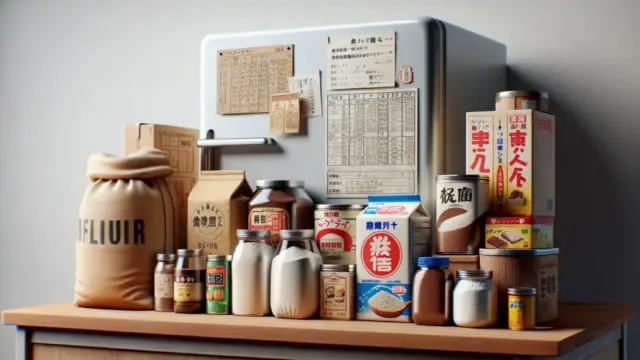



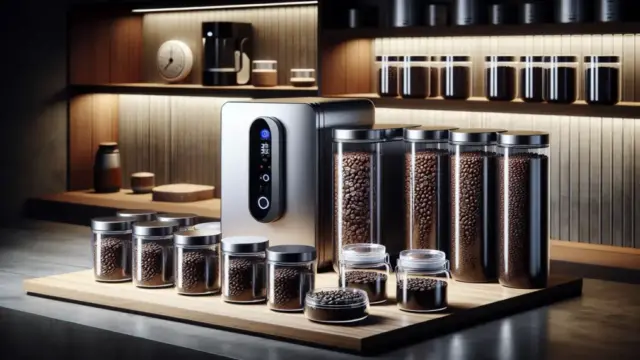
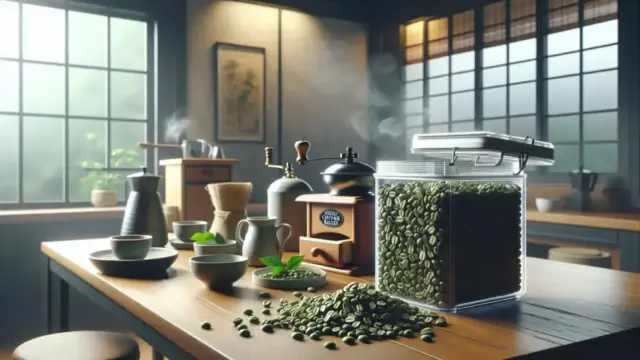


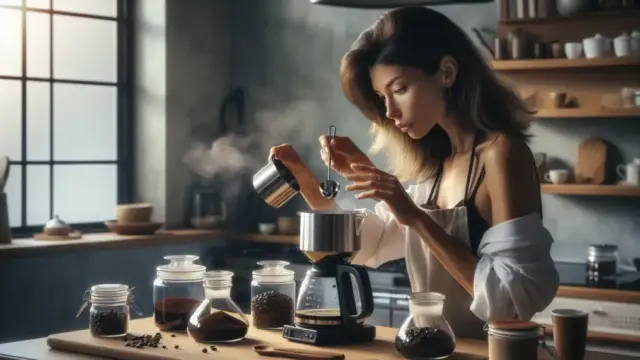


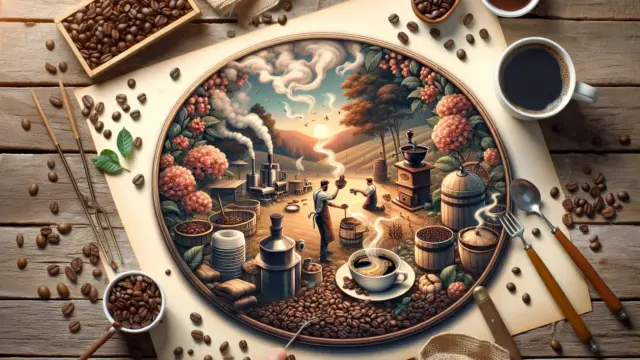


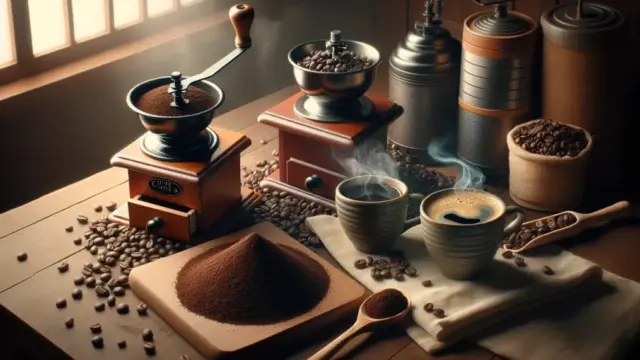
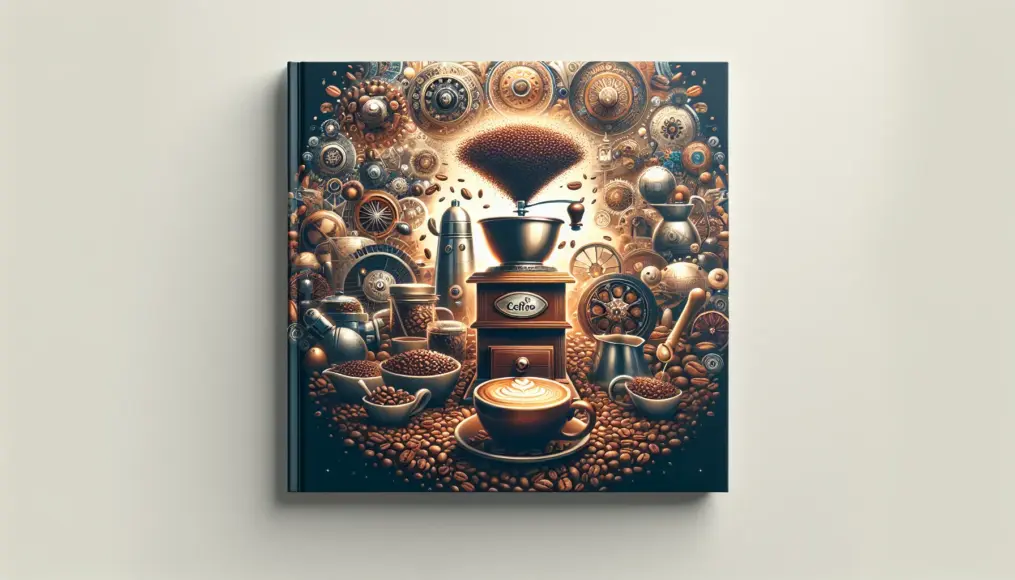
Comment